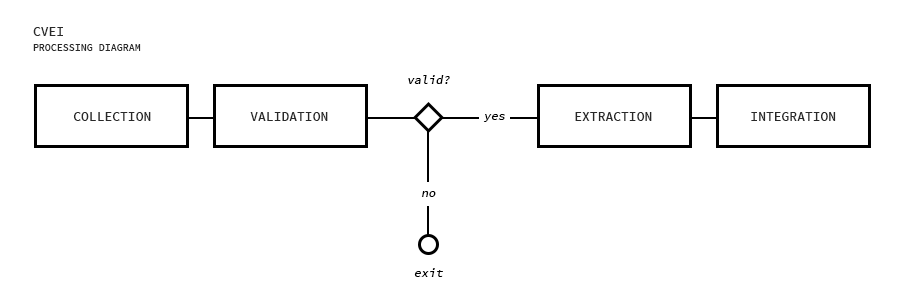Quickstart
Quickstart
Before we move on, let me throw you into the deep end and show you a full example.
Don't worry too much if it doesn't make sense just now, the rest of the examples are dedicated to explaining each feature in great detail.
The examples will be written primarily for Autodesk Maya, but should be easily readable and it's concepts applicable to any 3d content creation software. There is a slight simplification involved, for more clarity, but overall this represents a real-world implementation of a fully featured publishing pipeline with Pyblish.
The Deep End
The example uses the 2 available superclasses in Pyblish - ContextPlugin and InstancePlugin. The order in which these plug-ins are run is controlled by an integer attribute called order, with 4 default values.
Collection
Validation
Extraction
Integration

1. collect_rig.py
Gather information to validate and export.
2. validate_rig.py
Ensure the correctness of collected information.
3. extract_rig.py
Write to disk.
4. integrate_rig.py
Integrate written information into the pipeline, as per convention.
That's a lot
I'm sure you have lots of questions, but don't worry. This is the part where we dig into exactly how we get to this point, and what all of this really means.
Test it out
It isn't necessary to run this on your own, but if you want to give it a try, here's what you do.
Install Pyblish for Maya
Copy/paste the full source code from here into your Maya script editor
Run it
This is what you should expect.
If not, let us know!
Alternative examples
Looking for a full example for your DCC?
These will turn into links as they become available, watch this space!
3ds Max
Softimage
Houdini
Nuke
Fusion
Clarisse
Modo
Blender
Last updated